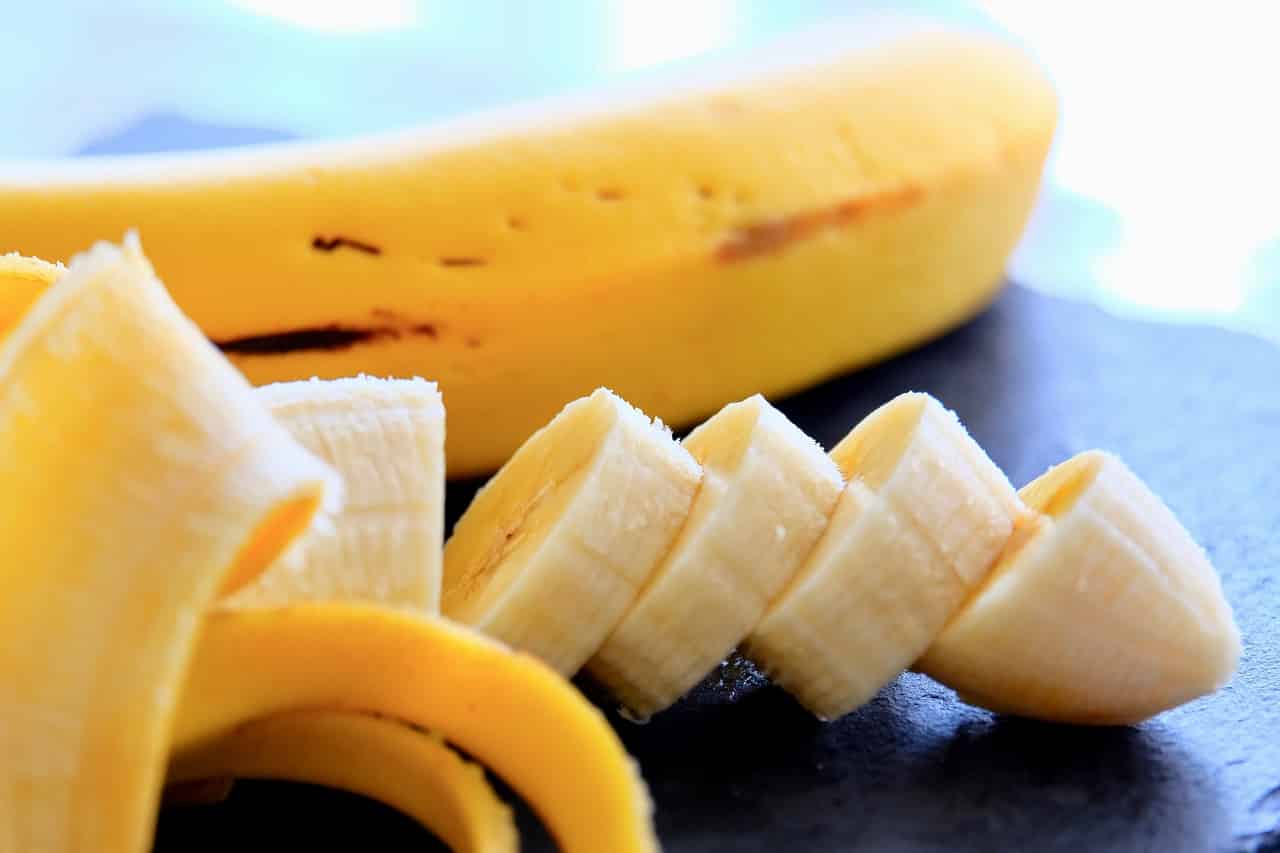A banana in fever is a great option as it is an excellent source of potassium, vitamin C, fiber, manganese, vitamin B6, antioxidants, and other nutrients. Bananas have many health benefits which play a major role during fever and cold.
Bananas are a good source of potassium, fiber, and vitamins. They are also rich in antioxidants, which help prevent heart disease and certain cancers. Bananas are also high in magnesium, which helps relax muscles and nerves. But did you know that bananas also contain a natural antibiotic called Bromelain? It helps reduce pain and swelling, especially of the nose and sinuses, gums, and other body parts.
Should I Eat a Banana in Fever?
If you are suffering from fever, bananas are a great energy option. Their bland flavor and soft texture make them perfect for your diet when you’re less energized. Bananas are healthy fruits that help people recover from fevers. They contain minerals that return to your body when you lose them. Eating bananas helps you get rid of fever.
Bananas contain lots of vitamins and minerals that help us stay healthy. They also give us fat and cholesterol-free energy. We need bananas every day because they are an excellent source of potassium. Potassium in bananas is very good for your heart health and blood pressure and keeps you hydrated. Bananas can be a great help in digestion and cure gastrointestinal issues.
Does Banana Increase Body Temperature?
Bananas have a cooling effect and they help reduce body heat. They help clear intestinal “heat,” eliminating toxins, and adding more moisture. It causes your tissues to shrink, allowing for the absorption of more water, which helps cool your core.
Nutritions in Bananas
One medium-sized banana (100 grams) gives you about
- Calories: 89
- Fiber: 2.6 grams
- Water: 75%
- Protein: 1.1 grams
- Sugar: 12.2 grams
- Fat: 0.3 grams
- Carbs: 22.8 grams
Bananas Prevent Cold and Cough
Bananas are healthy fruits that help in fighting off colds and coughs. Bananas improve your body’s immune system, thus helping in resisting bacterial infections. Bananas increase the number of white blood cells in your bloodstream, thus helping in fighting off viral infections. Bananas are easy to digest during fever because they do not form mucus. Bananas are rich in potassium, vitamin B6, magnesium, phosphorus, copper, manganese, zinc, iron, calcium, fiber, and other nutrients. Bananas are a great source of energy for your body.
Some tips for getting relief from fever and cold
- Take Proper Rest: Being active makes your body heat rise. When you have a fever, any activity brings your body heat higher. Take rest and avoid any physical activity for some time.
- Take a Lukewarm Bath: A cold bath may be desired when you’re burning up, but it can cause increased shivering afterward. A lukewarm bath can help reduce your temperature and help you relax so you can have a better sleep.
- Remember to drink a lot: Sweating is your body’s natural cooling system. But not to lose too much water, getting well hydrated is essential. Drink more water and take liquid diets like hot tea, soups, coconut water, and juices.
- Cool Pack: Placing a dry cloth soaked in cool water or a cold pack on the forehead is a common way to bring down a high fever.
- Healthy food is the key: Toast, scrambled eggs, bananas, chicken soup, and vanilla pudding can help boost your immune system – and the healthier you are when you have a fever, the quicker you’ll get over it.
- Garlic: Many studies have shown that garlic can boost your immune function and decrease the severity of fever and the cold.
- Dress light. Bundling up too much can make it harder to reduce a fever. If you’re boiling, take off extra covers and clothes so that body heat can dissolve into the air.
You may have a fever or another infection, but make sure to visit your doctor if you have a high temperature for more than a day.
Why Can We not Eat During Fever?
Many tissue cells are damaged and lose function when you have a fever or cold, including your taste buds. Medicines tend to impact our metabolism, and in some cases, fever dehydrates the body. Because of this, the appetite for food decreases. And, when reproducing new tissue cells, its absorption power is still too weak to take in coarse foods with fiber. In other words, our body needs as much energy as possible to fight the fever, and digesting food diverts energy from that process.
Which fruits are good for fever?
Apple, coconut water, bananas, pomegranate, oranges, lemons, and grapefruits, contain high levels of vitamin C, and flavonoids. These fruits reduce inflammation and boost immunity, which helps the body to combat infection.
Foods to Avoid When You Have a Fever
- Avoid alcohol, caffeine, and soda during your recovery period. These drinks dehydrate you, making it harder for your immune system to fight off illness. Tea is a better choice than coffee or other caffeinated drinks.
- Sugary foods and beverages cause inflammation in the body and interfere with your immune system’s response.
- Hard to digest foods: Carb-Dense Foods, Fried Food, Processed Food, Spicy Food,
- Raw vegetables, lentils, beans, and brown rice.
- Dairy Products: Milk and milk products are tough to digest for everyone
Bananas are considered very healthy for all. However, persons with type-2 diabetes should not have a high intake of bananas.








